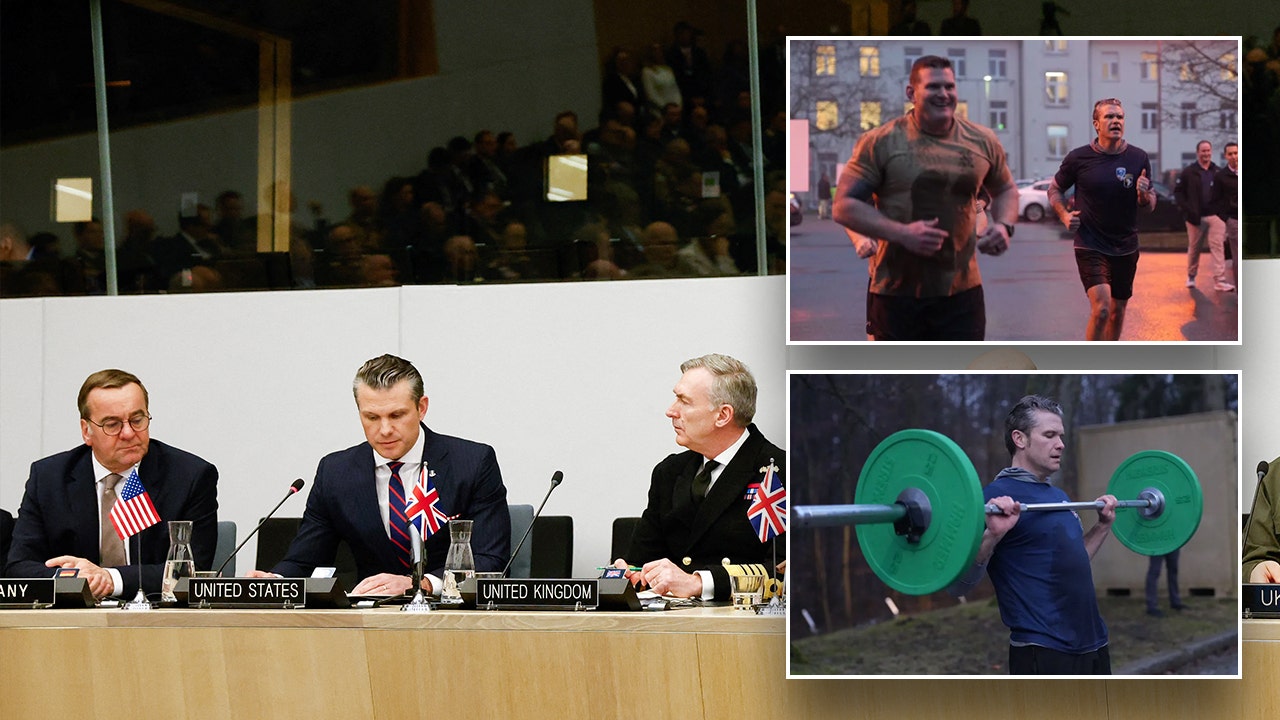Defense Secretary Pete Hegseth warned European allies the US can’t guarantee their security

Defense Secretary Pete Hegseth issued a stern warning to European allies this week, emphasizing that the United States can no longer serve as the security guarantor for the region. During a meeting of the Ukraine Defense Contact Group in Belgium, Hegseth highlighted the shifting priorities of the U.S. military, focusing on deterring aggression from China in the Indo-Pacific region.
“We are facing a peer competitor in the Communist Chinese with the capability and intent to threaten our homeland and core national interests in the Indo-Pacific,” Hegseth stated. “Deterrence cannot fail, and we must make the necessary resourcing trade-offs to ensure our capabilities are aligned with the evolving threats we face.”
This visit marked Hegseth’s first trip to the headquarters of the NATO alliance, where he urged European allies to take ownership of their own security. He emphasized the need for European nations to lead from the front and establish a division of labor that maximizes the strengths of both the U.S. in the Pacific and Europe in their own region.
While Hegseth reassured that there are no immediate plans to draw down U.S. forces in Europe, he stressed the importance of Europe investing in its own defense capabilities. He reiterated that the U.S. presence in Europe should not be relied upon for security and that European allies must prioritize their own defense.
With roughly 100,000 U.S. troops deployed across Europe and a significant presence in the Indo-Pacific region, Hegseth highlighted the need for a balanced approach to global security. He called on European nations to increase their defense spending, echoing President Trump’s previous calls for NATO members to meet the 5% spending target.
In regards to the conflict in Ukraine, Hegseth emphasized that any European peacekeeping forces sent to assist must not be from NATO and would not be protected under Article 5. He also expressed skepticism about the feasibility of Ukraine joining NATO, stating that it is not a realistic outcome of a negotiated settlement.
As the U.S. continues to assess its global military posture, Hegseth made it clear that the U.S. is prioritizing deterring aggression from China while also maintaining a presence in Europe. He emphasized that the U.S. will no longer tolerate imbalanced relationships that foster dependency and called on European allies to take a more active role in their own defense.
In conclusion, Hegseth’s visit to Europe underscored the evolving priorities of the U.S. military and the need for European nations to take greater responsibility for their own security. As geopolitical challenges continue to shift, it is essential for allies to work together to address mutual threats and ensure the stability of the international order.




